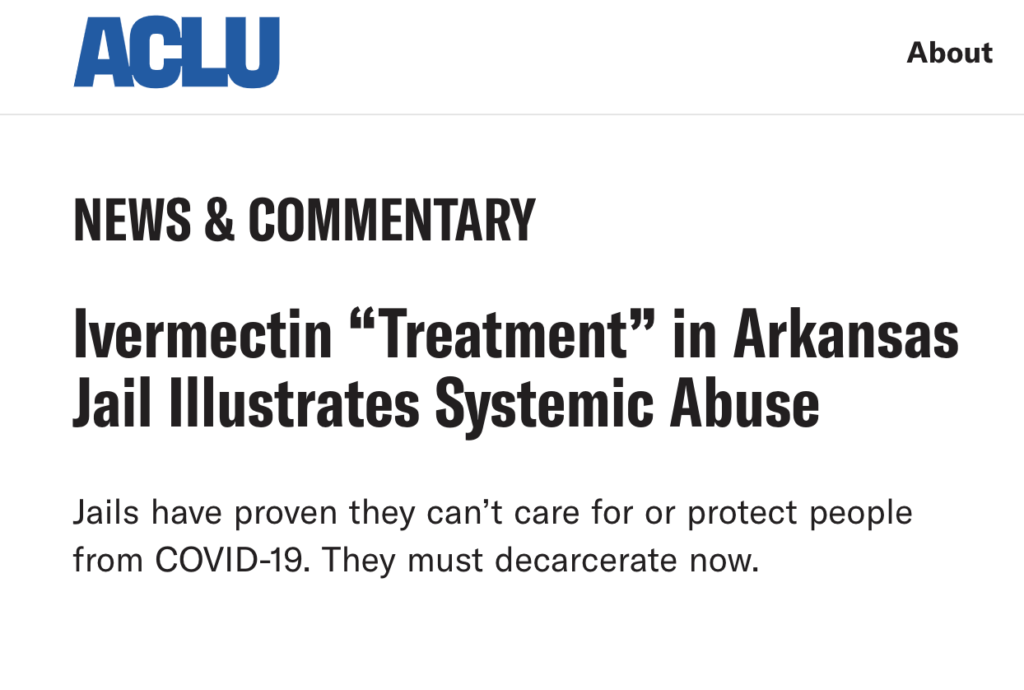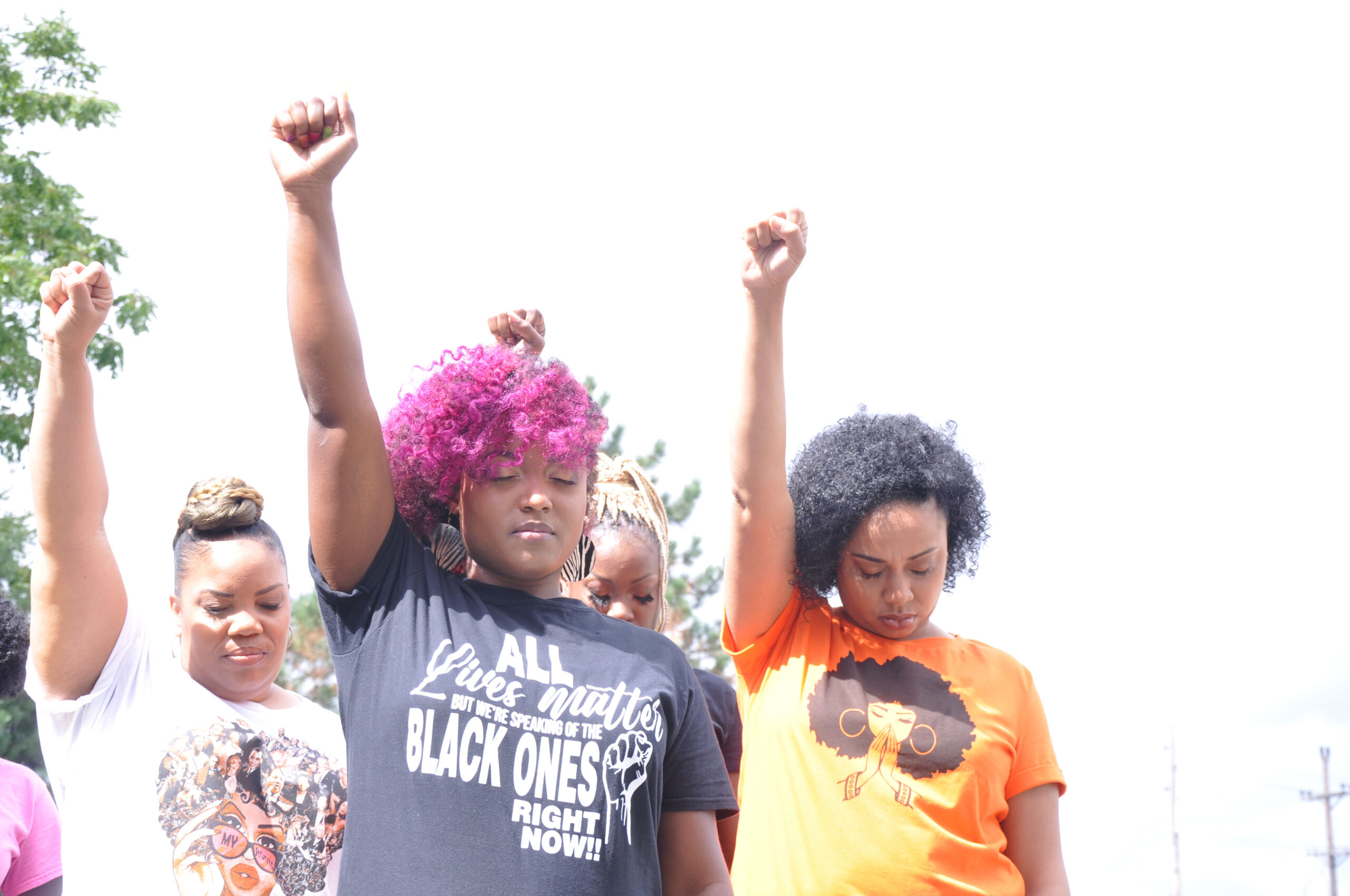While journalism is often hard to define, the term “fourth estate” is commonly used when trying to describe what journalists do. The “fourth estate” refers to the press working independently as a check on the three branches of government to hold those in power accountable. How then, are advocacy journalists different from traditional journalists? By one simple factor: Advocacy journalists intentionally take a position when forming a story. Objectively speaking, the purpose of an advocacy journalist’s story is to bring awareness to a certain cause or injustice by informing the public with a clear call to action.
A recent example of advocacy journalism was showcased in the article, “Ivermectin ‘Treatment’ in Arkansas Jail Illustrates Systemic Abuse,” reported by the ACLU. The ACLU, or American Civil Liberties Union, was founded in the 1920s to “defend and preserve the individual rights and liberties that the Constitution and laws of the United States guarantee everyone in this country.”
The article reported that COVID-19 positive incarcerated people in a Fayetteville, Arkansas jail were unwillingly subjected to being treated with ivermectin — a drug that is used for treating parasitic worms and in some instances, external parasites— from a doctor working at the Washington County Detention Center.
The story then summarizes the systemic abuse prisoners have been facing in Arkansas throughout the pandemic. For instance, the Courts in Washington County continue to set excessively high bonds for minor technical offenses, despite the evidence that larger jail populations lead to the spread of COVID-19.
.While the piece specifically highlights the mistreatment of prisoners in Arkansas, it also questions the overall treatment of prisoners throughout the country. The article ends with calling on the jails and prisons to release as many prisoners, who pose no threat to society, as they can.
This article is a solid example of advocacy journalism because it incorporates every aspect a traditional news story usually contains, while still having a clear opinion about the issue at hand. Instead of just including the most pertinent information like a hard news story would, it goes one step further. It raises awareness of the mistreatment of incarcerated people and ultimately has a clear stance on mass incarceration.
Now, despite this article having a clear bias toward prison reform, does this violate the ethical standards to which a journalist should be held? In my opinion, no. For one, this story includes examples from credible sources and trustworthy quotes from incarcerated people who experienced the mistreatment firsthand.
Second, according to the American Press Institute, “Journalism’s first obligation is to the truth.” The ACLU’s article never purposely misled the public into thinking we need prison reform in this county. It simply reported what happened in Arkansas and stated why prisons should let harmless prisoners out with facts and public records that can easily be verified; making this another example of advocacy journalism.
As I stated in the beginning, a journalist’s job is to hold those in power accountable by reporting the truth. Some journalists do this by reporting just the facts, by directly inserting their opinion into the story, or by doing both. This is why advocacy journalism can sometimes tread dangerously close to opinion-driven news. However, in my opinion, this story from the ACLU proves that advocacy journalism can still achieve its goal of impacting an audience while not compromising a journalist’s ethical code. When done right, advocacy journalism is just another form of journalism that informs and persuades its audience to take action about an important cause.


